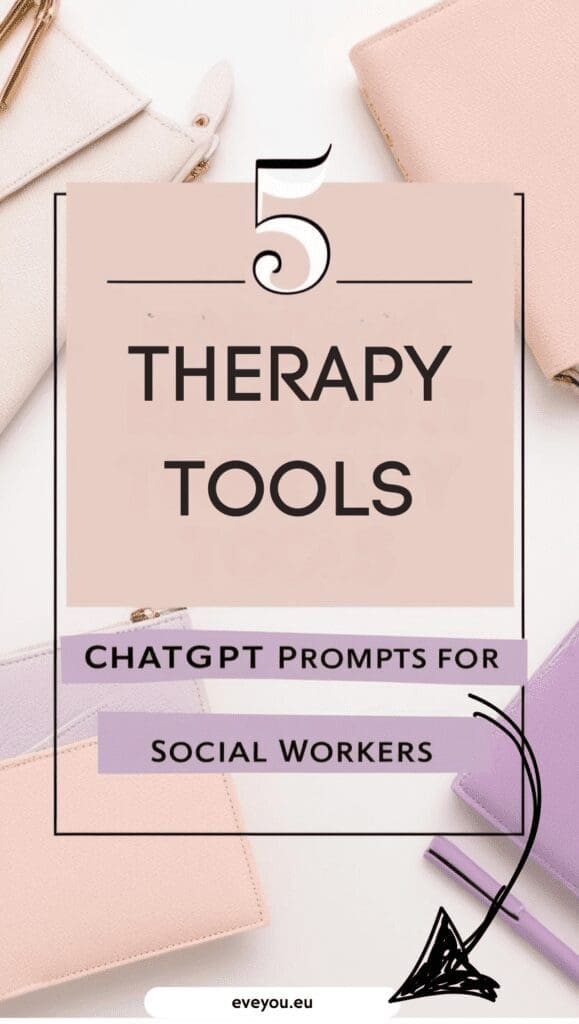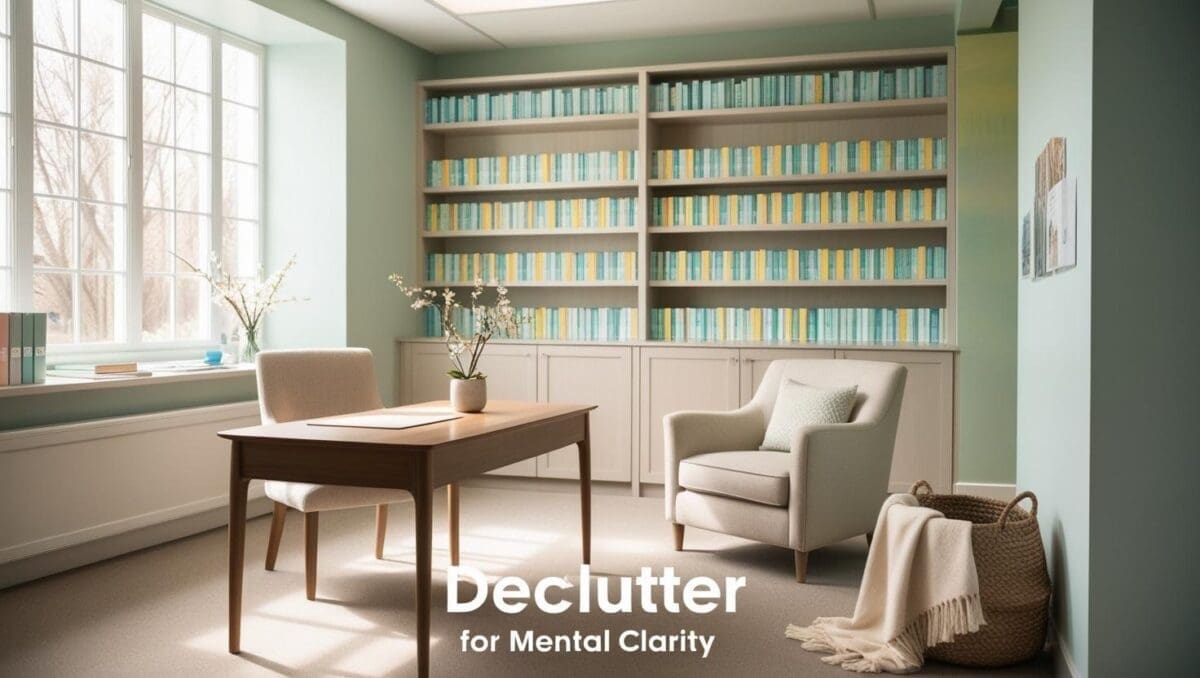As a social worker, finding the right resources for your clients and practice can feel overwhelming. With so many tools, techniques, and materials available, it can be hard to know where to start. Luckily, AI-powered tools like ChatGPT can streamline the process and help you uncover valuable resources tailored to your work. Here are five powerful prompts you can use to make your search easier and more effective:
1. Finding Relevant Client Support Tools
Prompt:
“What are some evidence-based tools or techniques for supporting clients with [specific need, e.g., housing insecurity, mental health challenges, or family conflict]? Include free or low-cost resources I can integrate into my practice.”
Why It Works:
This prompt is highly specific, ensuring you receive actionable advice tailored to your clients’ needs. Whether you’re looking for financial planning tools, mental health resources, or family mediation techniques, ChatGPT can curate resources that align with your approach while keeping costs in mind.
Example Response:
- Housing Insecurity: Local housing assistance programs and affordable housing directories.
- Mental Health: Free mental health screening tools from Mental Health America.
- Family Conflict: Conflict resolution worksheets from trusted nonprofit organizations.
2. Locating Community Support Groups
Prompt:
“Can you help me find local or online support groups for clients dealing with [specific issue, e.g., domestic violence, addiction, or unemployment]? Please include trusted directories or organizations I can share with them.”
Why It Works:
This prompt helps social workers provide clients with community-based support systems. Whether it’s a domestic violence shelter or an online forum for job seekers, ChatGPT can pull from directories and trusted organizations, saving you hours of searching.
Example Response:
- Domestic Violence: Contact information for local shelters and the National Domestic Violence Hotline.
- Addiction: AA/NA meetings or SMART Recovery groups.
- Unemployment: Job training and placement programs like Goodwill’s career services.
3. Sourcing Self-Help Materials for Clients
Prompt:
“What are the best self-help books, podcasts, or apps I can recommend to clients working on [specific goal, e.g., stress management, financial literacy, or parenting skills]? Include brief descriptions and why they might be helpful.”
Why It Works:
This prompt delivers curated recommendations that clients can explore independently, empowering them to take charge of their situations. By including descriptions, ChatGPT ensures you understand why each resource is relevant and valuable.
Example Response:
- Stress Management: “The Relaxation and Stress Reduction Workbook” by Martha Davis—practical techniques to manage stress.
- Financial Literacy: “You Need a Budget” app for budgeting and money management.
- Parenting Skills: “Parenting with Love and Logic” by Charles Fay and Foster Cline—a guide to raising responsible children.
4. Discovering Professional Development Opportunities
Prompt:
“What are some upcoming workshops, certifications, or webinars for social workers specializing in [specific area, e.g., child welfare, substance abuse, or elder care]? Focus on affordable or free options if possible.”
Why It Works:
Social workers need ongoing professional development to stay updated and provide the best care. This prompt helps you find cost-effective ways to enhance your expertise, whether through free webinars or affordable certifications.
Example Response:
- Child Welfare: Free trainings from the Child Welfare Information Gateway.
- Substance Abuse: Online certifications through NAADAC at sliding-scale fees.
- Elder Care: Webinars on geriatric care hosted by AARP.
5. Building a Social Work Resource Library
Prompt:
“Can you help me curate a resource library for my practice? Include categories like worksheets, educational materials, and hotline numbers, focusing on topics such as [e.g., crisis intervention, financial aid, or community resources]. Where can I reliably access these materials?”
Why It Works:
A well-rounded resource library ensures you always have materials ready to support clients. ChatGPT can recommend trusted websites and sources for worksheets, educational tools, and crisis information.
Example Response:
- Crisis Intervention: Hotline numbers from the National Suicide Prevention Lifeline and SAMHSA.
- Financial Aid: Free budgeting worksheets from government and nonprofit websites.
- Community Resources: Directories from United Way’s 211 service.
By using these ChatGPT prompts, you can streamline your search for tools, client resources, and professional development opportunities. Not only does this save you time, but it also ensures you’re offering your clients the best possible support. Give these prompts a try, and watch how they enhance your practice and resource library!
Do you have favorite ChatGPT prompts you use in your social work practice? Share them in the comments below—we’d love to hear your tips!

About the Author
Hi, I’m Eve, a former school counselor with a master’s degree in School Psychology and a passionate advocate for children and families navigating sensory challenges. As a mom of children with sensory sensitivities, I deeply understand the journey special-needs parents face, and I dedicate myself to researching and sharing practical solutions to help children thrive and feel comfortable in their bodies. My goal is also to empower counselors, therapists, and psychologists with creative strategies and supportive resources to enrich their everyday practice. When I’m not writing or exploring new therapeutic approaches, you’ll find me spending quality time with my family and continually seeking inspiration from everyday moments.



